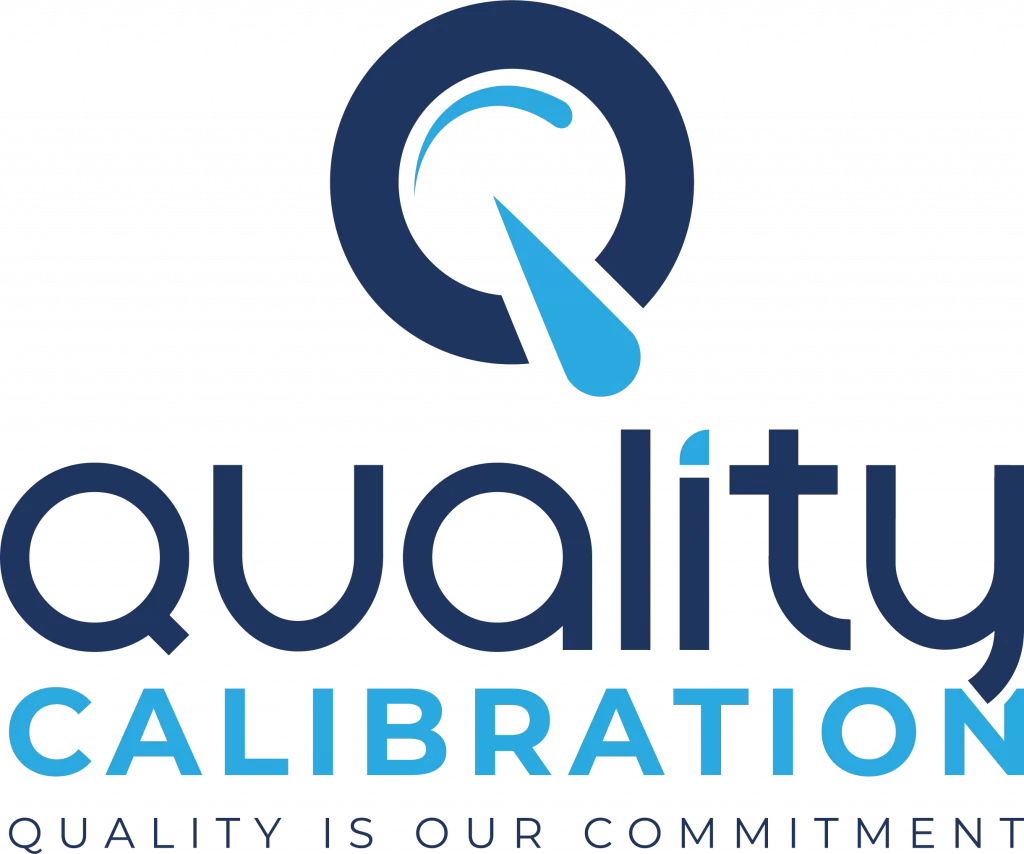A thermometer calibration certificate is a crucial document that validates the accuracy and reliability of temperature measurements provided by a thermometer. Thermometers are widely used in various industries, including healthcare, food processing, pharmaceuticals, and manufacturing. Accurate temperature readings are essential for maintaining product quality, ensuring process efficiency, and ensuring the safety of products and processes. To ensure precise temperature measurements, regular calibration of thermometers is essential. In this article, we will explore the significance of a thermometer calibration certificate, the calibration process, key elements of the certificate, and its benefits to different industries.
Importance of Thermometer Calibration Certificate
Precision and Accuracy
A thermometer calibration certificate ensures that the thermometer provides precise and accurate temperature readings. Regular calibration helps maintain the thermometer’s accuracy and minimizes measurement uncertainties.
Compliance with Industry Standards
Many industries have specific regulations and standards regarding temperature measurement accuracy. A calibration certificate provides evidence of compliance with these standards during audits and inspections, demonstrating a commitment to quality and safety.
The Calibration Process for Thermometers
Comparison with Reference Standards
During thermometer calibration, the thermometer’s readings are compared with a calibrated reference standard. The reference standard is a highly accurate thermometer or a temperature calibration system with known precision.
Testing at Multiple Temperature Points
Thermometer calibration involves testing the thermometer at multiple temperature points across its measurement range. This process ensures that the thermometer remains accurate at various temperatures it is intended to measure.
Adjustments and Corrections
If discrepancies are found during the calibration process, adjustments or corrections are made to the thermometer. The aim is to bring the thermometer’s readings in line with the reference standard and minimize measurement uncertainties.
Read calibration of instrument.
Key Elements of a Thermometer Calibration Certificate
Identification of the Thermometer
The calibration certificate begins with the identification of the thermometer being calibrated. This section includes details such as the thermometer’s model, serial number, and other unique identifiers to ensure accurate documentation.
Calibration Date and Expiration Date
The certificate specifies the calibration date when the thermometer was calibrated. Additionally, it indicates the expiration date of the certificate, emphasizing the need for regular recalibration to maintain accuracy.
Calibration Standards and Procedures
The certificate provides information about the calibration standards used and the specific procedures followed during the calibration process. This ensures traceability and reliability of the calibration results.
Temperature Readings and Uncertainties
The certificate includes the thermometer’s pre-calibration and post-calibration readings at multiple temperature points. Additionally, it provides information about the measurement uncertainties associated with the calibration results. Measurement uncertainties indicate the range of potential errors in the calibration process and provide insights into the accuracy of the thermometer.
Adjustments and Corrections
Any adjustments or corrections made to the thermometer during calibration are documented in the certificate. This section highlights any deviations found during the calibration process and the actions taken to ensure accuracy. Businesses can use this information to understand the overall performance of the thermometer and assess its calibration effectiveness.
Calibration Lab Information and Accreditation
The certificate contains essential details about the calibration laboratory, such as its name, address, and contact information. It also indicates the laboratory’s accreditation status, ensuring that the calibration services are provided by a qualified and accredited facility. Accredited calibration labs follow international standards and undergo regular assessments, providing added assurance of the calibration’s reliability.
Authorized Signatures and Stamps
Thermometer calibration certificates are signed and stamped by authorized personnel from the calibration laboratory. These signatures and stamps authenticate the validity and reliability of the certificate. They also ensure that the certificate is an official and recognized document.
Benefits of Thermometer Calibration Certificate
Product Quality and Safety
Accurate temperature measurements are critical for industries where product quality and safety are paramount. Calibration certificates provide assurance that the thermometers used in these industries are reliable and provide precise readings. For instance, in the pharmaceutical industry, accurate temperature monitoring ensures the effectiveness and stability of drugs and vaccines.
Process Optimization
Temperature accuracy is essential in optimizing various processes. In manufacturing, precise temperature control can lead to improved product quality and reduced energy consumption. HVAC systems rely on accurate temperature measurements to maintain comfortable and efficient indoor environments.
Compliance with Industry Standards
Industries with specific temperature requirements must adhere to calibration standards. Calibration certificates demonstrate compliance with these standards and ensure businesses are prepared for audits and inspections. Compliance with regulatory standards is especially critical in industries where product quality and safety are heavily regulated, such as healthcare and food processing.
Reduced Downtime and Costs
Regular thermometer calibration helps identify potential issues early, allowing for timely adjustments or repairs. This reduces downtime and prevents costly breakdowns or rework due to inaccurate temperature measurements.
Learn about Calibration certificates for laboratory equipment.
Bottom Line
A thermometer calibration certificate is an essential document that validates the accuracy and reliability of temperature measurements provided by thermometers. Regular calibration ensures precise temperature readings, compliance with industry standards, and optimal performance of thermometers. By prioritizing regular calibration and maintaining accurate calibration certificates, businesses can uphold measurement accuracy, ensure product quality and safety, and optimize their operations in temperature-sensitive applications. Calibration certificates not only provide peace of mind but also demonstrate a commitment to quality, safety, and excellence in the use of thermometers.

Md. Hasan Ibrahim is a Technical Manager at Quality Calibration with extensive experience in the calibration sector since 2015. Holding a Bachelor of Science degree in Mechanical Engineering from Khulna University of Engineering & Technology (KUET), he has received training from various national and international organizations including CSIR-CMERI, QSI, BAB, NML-BSTI, memmert, and X-rite. With expertise in ISO/IEC 17025 assessment, method validation, metrological traceability, and uncertainty, he has successfully completed numerous calibration projects across diverse industries such as pharmaceuticals, food & beverage, oil & gas, textiles & garments, power plants, batteries, chemicals, hospitals & healthcare, and private universities.


